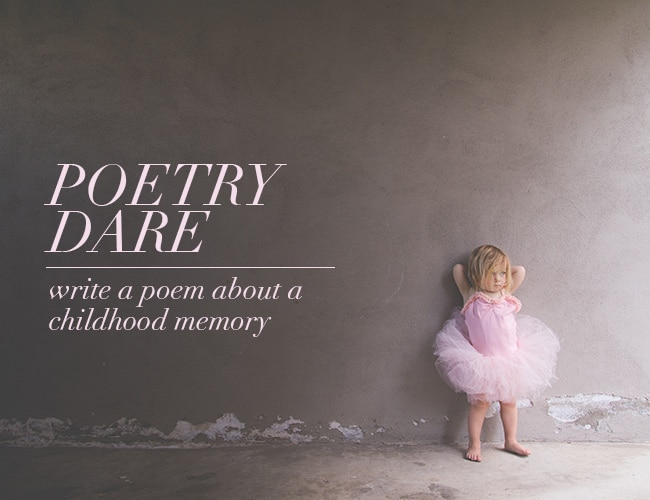
by Sue Weems |
It’s National Poetry Month! I know, I know. You don’t want to write a poem, but what if I could show you a way to tap into a childhood memory to create a poem or scene that you could use in any kind of writing? Will you accept a poetry dare today?
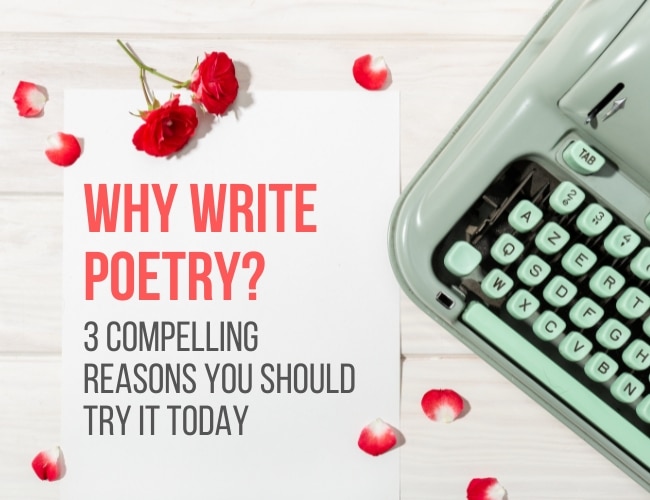
by Kellie McGann |
There are real benefits to writing poetry like expanding your language skills and your ability to capture emotion with words: skills that will help you as a writer, no matter what genre you write in.
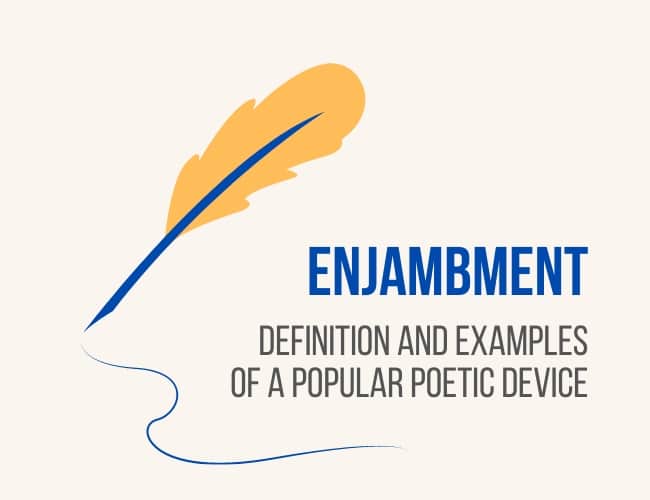
by Liz Bureman |
I love new words. I always get really excited whenever I learn a new word, and I try to use it as often as is applicable in my daily life. Sometimes this is harder to do than I’d like. However, this is a writing blog, and the word I learned today is a writing word. Congratulations, you get to learn about enjambments.
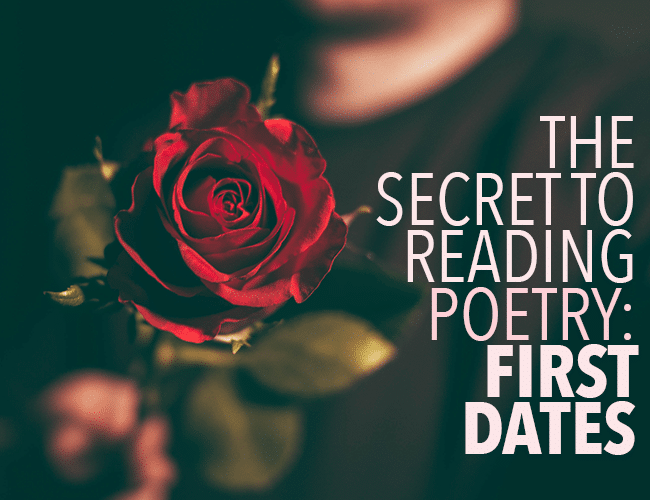
by Sue Weems |
Happy Poetry Month! My students often scowl when I announce we’ll be reading a poem or covering *heaven forbid* an entire unit on poetry. Poetry often bothers people—it certainly bothers me in the best possible way.
Sometimes poetry feels lofty and pretentious and seems to say, “I know something you don’t know,” which is obnoxious, like an older sister taunting us. Some poetry makes us scratch our heads and say, “What the heck was that all about?”
But if we keep reading, poetry often moves us in ways a paragraph can’t. It requires a compression of language and meaning, tucked inside precise words that create concrete images. Poets, with a wink and a wry smile, trust us to read well. (Writers of all genres: we can learn so much from the poets!)
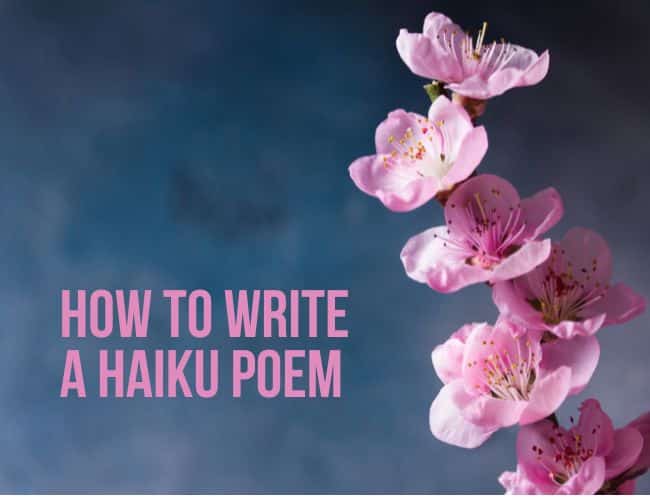
by Pamela Fernuik |
Haiku are a type of traditional Japanese poetry. Only three lines long, haiku are fun to write and share. Let’s find out what a haiku poem is and what we need to write our own!
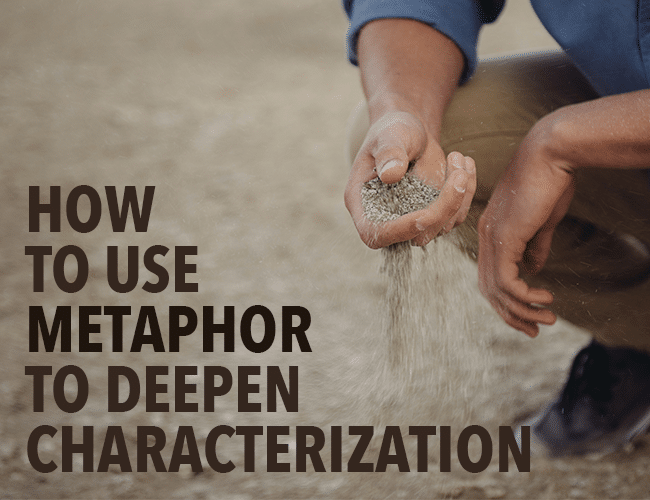
by Guest Blogger |
As a prose writer, I try to suss out where I can deepen and expand my stories, transform a limping clause into a sure-footed guide. Sometimes, as in the preceding sentence, I find metaphor to be the most efficient and evocative tool in my writer’s gym bag.
Metaphor, by conflating two unlike things—often an abstraction like love and a concrete object like a rose (thank you, Shakespeare)—invites readers to connect with our stories via the boundless power of imagination. Or, as James Woods says in How Fiction Works, “[m]etaphor . . . is the entire imaginative process in one move.”
In other words, metaphor helps our stories run smoothly, with steady footing across even the rockiest of terrain, bringing our readers to those stunning vistas seen only from mountaintops.








